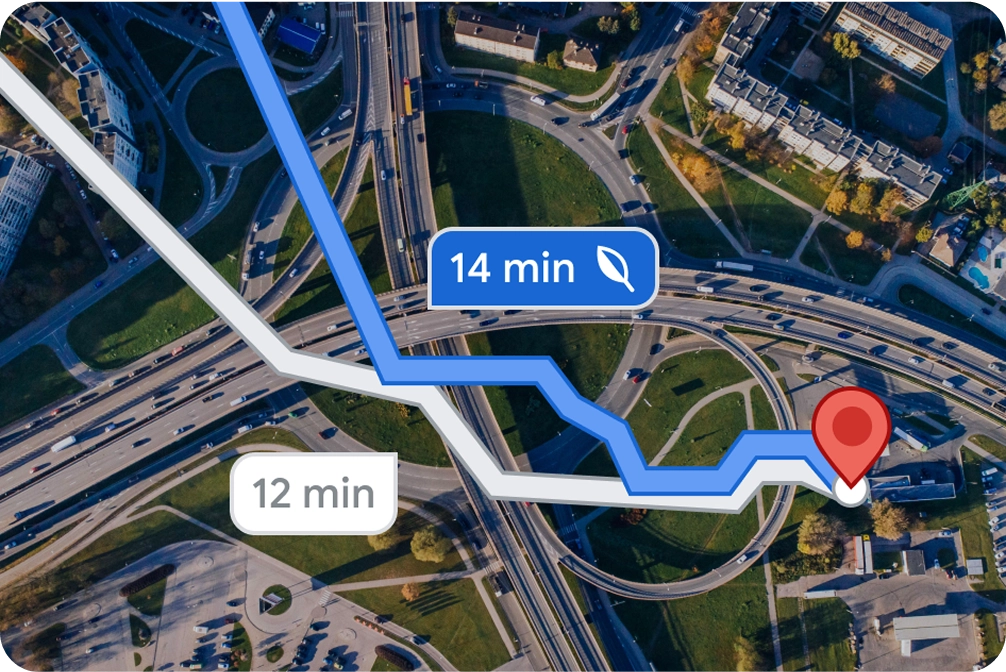GREEN ROUTING TECHNOLOGY COMMERCIALIZATION | NREL
CLIENT | U.S. Department of Energy – Energy I-Corps Program
SITE | National Renewable Energy Laboratory (NREL), Denver, CO & Washington, DC
___________________

THE CHALLENGE
Many breakthrough energy innovations stall at the research stage, struggling to cross the gap from laboratory to marketplace. Recognizing this, the U.S. Department of Energy launched Energy I-Corps, a two-month accelerator program that helps laboratory researchers and engineers evaluate the commercial viability of their technologies.
One such team, from the National Renewable Energy Laboratory (NREL), developed Route-E, a mobility application designed to provide real-time green routing across transport sectors. By identifying the most energy-efficient travel paths, Route-E recognized the potential to reduce fleet fuel use, emissions, and operating costs at scale.
OUR ROLE
Regensia’s Joshua Foss served as an industry mentor for the Route-E team throughout the Energy I-Corps program. His contributions included:
- Supporting the team at program launch in Denver and graduation in Washington, DC.
- Hosting weekly advisory sessions to guide the team’s discovery process, customer validation, and commercialization pathways.
- Drawing from the NSF I-Corps methodology, helping Route-E frame its value proposition and build the relationships required to move from lab concept to real-world application.
KEY FINDINGS
- Market readiness matters: Even high-potential innovations require clear customer discovery and validation to secure adoption.
- Cross-sector value: Route-E’s functionality offers benefits for public agencies, private fleet operators, and individual consumers alike.
- Mentorship accelerates impact: Structured guidance and connections are critical for bridging the gap between research and commercialization.
- Scalable emissions reductions: Widespread adoption of green routing tools could produce major energy and climate benefits with relatively low infrastructure costs.
RESULTS & IMPACT
Following its Energy I-Corps journey, NREL partnered with Google, leading to the integration of Route-E’s technology into Google Maps. From late 2021 through 2023, this feature is estimated to have reduced 3 million metric tons of greenhouse gas emissions—equivalent to taking 650,000 gasoline vehicles off the road for a year.
The fuel-efficient routing feature is now being rolled out globally and is expected to reach over one billion users, making it one of the most impactful sustainability innovations to emerge from the Energy I-Corps program.

